New Delhi: The Delhi airport has introduced dedicated enclosures at its terminals to manage passengers stuck on aircraft for over three hours due to fog, adverse weather, or technical delays. This step aims to streamline deboarding procedures and improve passenger convenience.
The new system follows the Bureau of Civil Aviation Security’s (BCAS) recent relaxation of deboarding rules. Previously, passengers stranded on delayed flights had to undergo extensive security checks upon reentry to the terminal, which took up to 2.5 hours. As a result, airlines often avoided deboarding passengers, even during prolonged delays.
Under the revised process, passengers from flights delayed beyond three hours or canceled due to weather or technical issues can now disembark and reenter the terminal through specially designed enclosures. These enclosures, set up by Delhi International Airport Limited (DIAL) at all three terminals, significantly reduce reboarding time from approximately 2.5 hours to just a few minutes.
The enclosures are strategically located near bus boarding gates and aerobridges at Terminal 3, the transfer area at Terminal 2, and bus boarding gates at Terminal 1. Ranging from 250 to 450 square meters, they can accommodate between 55 and 120 passengers at a time. Passengers will undergo document verification by private security staff and screening by CISF personnel before reentering the Security Hold Area (SHA).
DIAL has also planned basic amenities within these enclosures, including restrooms and vending machines, to ensure passenger comfort. Once screened, passengers can access the terminal’s usual facilities, ensuring a seamless transition.
This initiative aligns with ongoing efforts to mitigate passenger inconvenience during the fog-prone winter months, a period marked by frequent flight delays and cancellations. By improving processing times, the airport aims to enhance operational efficiency while addressing the needs of affected travelers.
The new measures highlight a shift in airport management strategies, focusing on passenger welfare during disruptions, particularly those caused by seasonal fog and unpredictable weather conditions.



















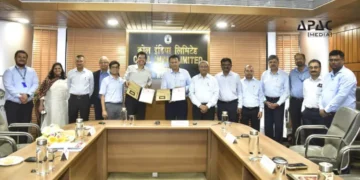
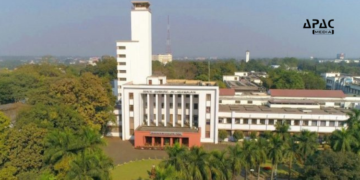



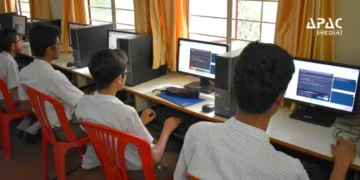







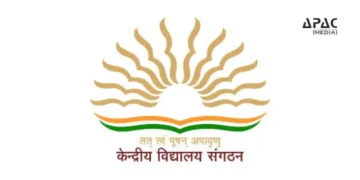











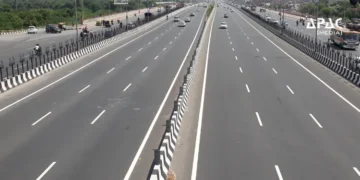

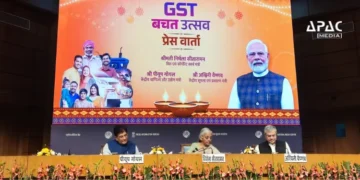


















Discussion about this post